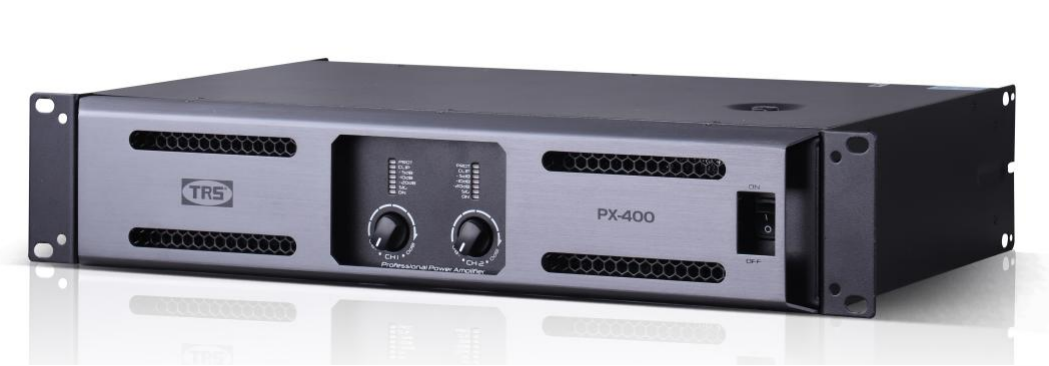In the world of audio enthusiasts and professionals, amplifiers play a crucial role. They are not only a part of the audio system, but also the driving force of audio signals. However, judging the quality of an amplifier is not an easy task. In this article, we will delve into the key characteristics of amplifiers and reveal how to evaluate the quality of an amplifier.
1. Sound quality performance:
Firstly, sound quality is one of the primary criteria for evaluating the quality of an amplifier. An excellent amplifier should be able to restore audio signals, minimize distortion as much as possible, and maintain the original characteristics of the audio. Key indicators include frequency response, distortion level, signal-to-noise ratio, etc. A good amplifier should be able to provide clear, transparent, and dynamic sound quality, rather than adding its own colors or distorting audio signals.
2. Power output and stability:
Power output is another important evaluation indicator. An excellent amplifier should be able to provide sufficient power to drive the speaker and maintain stability under various load conditions. In addition to the nominal power, the dynamic power, stability, and distortion level of the power amplifier also need to be considered. A good amplifier should be able to perform well at high volume and low volume without distortion or power loss.
3. Build quality and reliability:
The construction quality and reliability of power amplifiers directly affect their performance and service life. A good amplifier should use high-quality components and materials, and undergo strict craftsmanship and testing. Durable chassis, effective cooling system, and stable power supply are all key factors in building quality. In addition, good protective circuits and reliable connectors are also important parts to ensure the long-term stable operation of power amplifiers.
(PX-400 power:2×400W/8Ω 2×600W/4Ω / https://www.trsproaudio.com)
4. Connection and Function:
Modern amplifiers typically have various connection options and functions, such as multi input, network connection, digital processing, etc. A good amplifier should be able to meet the different needs of users and provide convenient connection and operation methods. In addition, additional features such as EQ adjustment, audio processing effects, etc. may also be one of the factors that users consider when choosing an amplifier.
5. User feedback and reputation:
Finally, user feedback and the reputation of the amplifier brand are also important references for evaluating the quality of the amplifier. By reviewing user reviews, professional reviews, and brand history, one can understand the actual performance and user experience of the amplifier. A trustworthy brand usually provides more reliable products and good after-sales service, which is also an important factor in choosing a good amplifier.
In summary, evaluating the quality of a power amplifier requires comprehensive consideration of multiple aspects such as sound quality performance, power output, construction quality, connectivity and functionality, as well as user feedback. Only when these key features are met can a power amplifier be considered excellent. Therefore, when choosing a power amplifier, it is not only necessary to pay attention to its technical specifications, but also to consider its actual performance and user experience, in order to find the most suitable product for one’s own needs
(E24 power:2×650W/8Ω 2×950W/4Ω / https://www.trsproaudio.com)
Post time: Mar-14-2024


